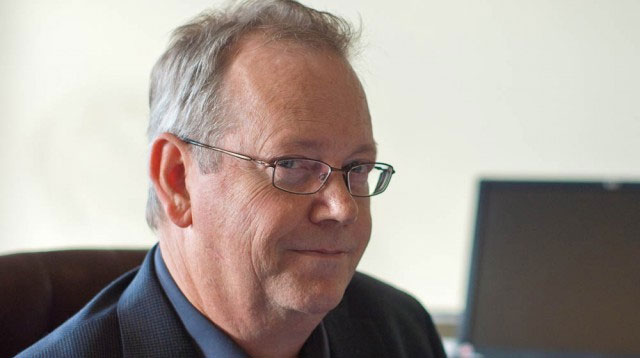
The controversial issue of “network neutrality” looks set to become the subject of intense debate in South Africa in coming months after communications regulator Icasa this week raised the idea of introducing regulations that could stop operators from discriminating against traffic carried across their networks.
Net neutrality, which has grabbed headlines in the US in recent weeks, is becoming a crucial issue worldwide as content providers — companies such as Google, Apple, Netflix and Amazon — profit from so-called “over the top” services delivered over telecommunications operators’ broadband connections.
Most operators want the ability to block certain types of content and services flowing over their networks, worried that they’re at risk of becoming little more than low-margin “dumb pipes” over which third-party content providers are able to make much higher margins. Net neutrality regulations would prohibit them from setting up these online roadblocks.
Operators are also worried about their voice businesses being eroded by companies such as Skype and WhatsApp. The latter, which was snapped up last month by Facebook in a headline-grabbing US$19bn deal, said at the recent Mobile World Congress in Spain that it intends offering voice calling through its smartphone application, which is used by more than 450m people worldwide.
In January, a US federal appeals court threw out net neutrality regulations crafted by the Federal Communications Commission, in doing so removing barriers that prevented operators and service providers from discriminating against certain types of data flowing through their networks.
The judgment, welcomed by the big telecoms operators, has drawn howls of protest from those who say it will undermine the principles of an open and free Internet. The FCC now intends reintroducing the rules in a way that adheres to the provisions of the court order.
Just days after the judgment, Comcast, a giant US broadband cable provider, struck a deal with Netflix to prioritise the streaming video supplier’s content, presumably at the expense of rival services.
Although net neutrality hasn’t been a big issue in South Africa until now, it’s likely to become one in the near future as companies begin offering consumers video streaming and other content services over broadband. Without neutrality regulations in place, operators could favour network traffic from their own video-on-demand products and block or at least deprioritise traffic from competitor offerings. They could do the same for online voice calling products like Skype.
Icasa’s plan to look at net neutrality forms part of a high-level inquiry, announced this week, into the state of competition in South Africa’s information and communications technology (ICT) sector.
The regulatory agency plans to spend the next six to eight months investigating where the bottlenecks are to competition across the telecoms, broadcasting and postal services sectors. It will use this research in crafting future regulations and in deciding where to intervene in markets with pro-competitive measures.
Councillor William Currie says Icasa is “interested to see” what the industry has to say on the subject of net neutrality.
“We are aware of what is taking place with the FCC,” he says. It would be “useful” if industry stakeholders used the inquiry to provide feedback on the need, or otherwise, for net neutrality regulations as well the impact such regulations might have on “different segments of the ICT system”.
“Clearly, this issue is something that will affect us at some stage, if it is not already doing so.”
Another area likely to come under particular focus in Icasa’s inquiry is the subscription television market, where efforts to introduce competition to MultiChoice, whose DStv platform dominates the market, have proved unsuccessful. Currie says Icasa wants to understand why its licensing of new players has failed. It also intends asking whether subscription services should be allowed to compete with free-to-air broadcasters for advertising.

Access to spectrum will prove a key focus area in the inquiry’s probe of the telecoms sector. Icasa is under pressure to make broadband spectrum available to new players in order to foster competition. But the incumbent mobile operators argue, not without merit, that they’re best positioned to maximise use of this spectrum.
It’s not clear what prompted Icasa to launch its inquiry at this point, but a wave of consolidation in the sector is likely to have played a role in its thinking. Vodacom is said to be on the verge of tabling an offer to purchase Neotel, while Telkom has announced it intends outsourcing the management and development of the wireless component of its mobile network to MTN. The two companies also intend allowing one another’s customers to roam on their respective networks.
Currie says Icasa doesn’t know yet whether its inquiry will have any bearing on these proposed transactions. “We have not received any formal representations on these matters,” he says. “We will have to assess the matter when we do receive something formal.”
Icasa intends asking industry stakeholders to provide written feedback on its inquiry before holding public hearings. After the hearings, it will publish a draft position paper, which will be subject to further public comment before a final paper is produced.
Currie says Icasa will seek input from South Africa’s competition authorities during the inquiry.
- A shortened version of this article was first published in the Sunday Times

